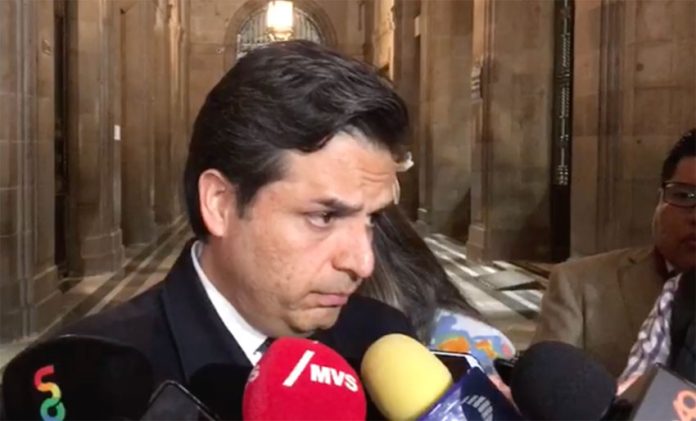President López Obrador has instructed his cabinet to prepare proposals for the 2020 budget that include even more austerity measures than those implemented this year.
Cabinet members told reporters yesterday that the president advised them to meet with Finance Secretary Arturo Herrera to discuss funding and areas where cuts could be made.
Energy Secretary Rocío Nahle said that a review of spending in the energy and petroleum sectors is currently taking place, explaining that the budgets of Pemex, the Federal Electricity Commission (CFE), the Mexican Institute of Petroleum and the Energy Secretariat itself are all being looked at.
“. . . It’s a review of how we’re going in each priority project that the country needs. Observations and adjustments are made and the observations are submitted, that’s what we do,” Nahle said.
Zoé Robledo, chief of the Mexican Social Security Institute (IMSS), said the president set out clear guidelines for the implementation of austerity measures but stressed that they didn’t imply ceasing to attend to the needs of the public.
He added that IMSS, whose former chief resigned in May citing budget and staffing cuts at the agency, wouldn’t be “tightening its belt more” in operational areas.
“. . . We don’t have cuts . . . It’s more an issue of avoiding superfluous expenses, luxuries, the trappings of power. The [IMSS] beneficiaries are grateful for that, they want more doctors not more bodyguards for public officials,” Robledo said.
Public Administration Secretary Irma Sandoval said that López Obrador also spoke about the fight against corruption at the cabinet meeting and urged officials to continue working to stamp out impunity.
“. . . The government is progressing well; the president is very happy about the results in the fight against corruption, that’s what he said. Where we have to tighten up is in the issue of austerity but there’s a very good balance in our government and we’re going to redouble efforts to comply with the exercise of the budget,” she said.
Since taking office last December, the administration has implemented a range of cost-cutting measures.
The salaries of government officials, including that of the president, have been reduced, funding for government departments has been cut and some agencies, such as the Tourism Promotion Council, have been shut down.
State health officials, opposition lawmakers and scientists are among the critics of the cuts, warning that they have already affected the operation of public hospitals, federally-funded laboratories and other government-run entities.
